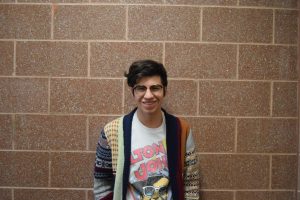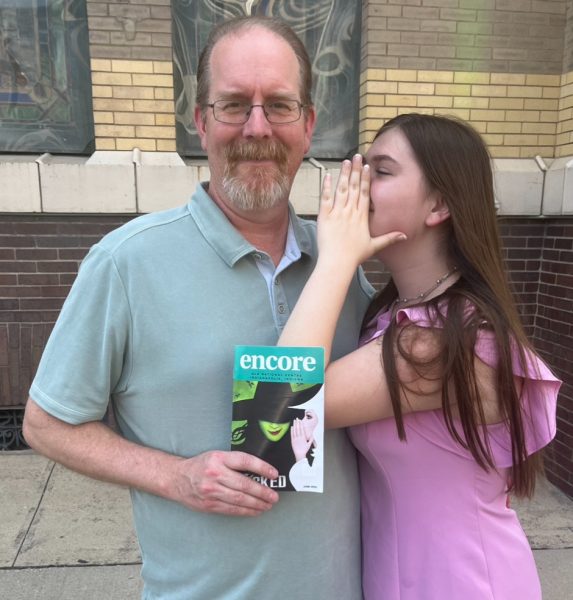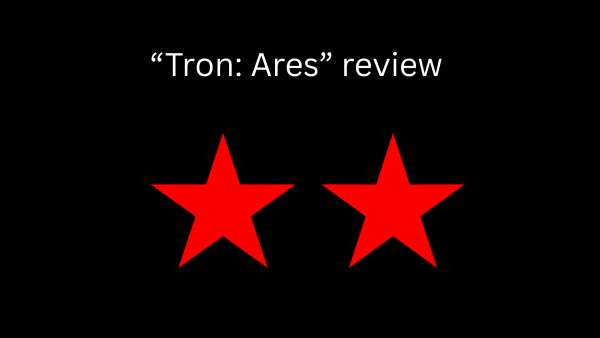Unlike Rep. Jake Auchincloss’ (D-MA) speech, this article wasn’t made by an AI
New software, like Chatgpt, is causing concerns in academia however some remain unconvinced
Photo courtesy of Wikimedia Commons.
The logo of ChatGPT displayed on a white background, ChatGPT was created by OpenAI.
If you have been paying attention to the news feed on your phone, you more than likely have heard about chatbots, like ChatGPT, for their ability to take a prompt and generate an uncanny response. These chatbots have garnered lots of attention as well as concern over plagiarism, especially in educational settings like high schools, colleges and universities.
“To stop plagiarism, some sites have created tools to recognize AI writing like writer.com’s AI-content detector or the anti-ChatGPT tool, GPTZero,” according to Mashable.
Even students have switched sides and attempted to combat the use of AI. For example, GPTZero was developed by Edward Tian, a 22-year-old senior at Princeton University. Earlier this year, public schools in New York City banned access to ChatGPT. However, some educators are not so worried.
“I like to think [AI] won’t be a huge impact here at Fishers, I like to think all the students just want to learn,” English teacher Margaret Sweeney said.
Sweeney also points out some of the limited capabilities of chatbots, saying some aspects of writing are nearly impossible for an AI to execute because they are uniquely human. For example, asking questions and deeply analyzing creative works can be a struggle for AI.
“The class I teach –reading, writing, and inquiry– we talked about this the first day that inquiry is something that chatbots can’t do,” Sweeny said. “At least that piece is not going to be able to be created by a chatbot.”
Other teachers like English teacher Paul Kennedy, believe that AI has the potential to be a cognitive tool.
“I’ll be interested to see if there are lessons or activities we can design where we are using what the AI is capable of, to supplements things and use it to create a platform for students to expand on.” Kennedy said.
He suggested that we can use AI to create example papers for students and use those papers to critique and understand what the AI did wrong. This exercise could benefit students not only analytically but also give them a good example of the do’s and don’ts without having to put down other students or having the teacher slave all day trying to write an example.
“I think, in some ways, were not too far off from teachers being able to use AI the same way anyone else is,” Kennedy said.
Graduating from high school, colleges and universities share the same concerns. However, officials like Jim Jump, the academic dean and director of college counseling at St. Christopher’s School in Richmond, Virginia, he shares his lack of concern regarding AI plagiarism and college essays.
“I’m far from convinced that ChatGPT can produce great college essays. Great essays have a spark to them that is not about the ability to write but rather the ability to think,” Jump wrote.
Despite the lenient and hopeful attitude of some educators, this does not stop schools and administrations from prohibiting and preventing chatbot usage. However, people like Greg Siering, a blogger for Indiana University Bloomington, express the possible dangers about how schools could control the usage of chatbots.
“Relying only on a policing approach establishes an adversarial relationship that makes teaching and learning less enjoyable and rewarding for everyone,” Siering wrote. “And, ironically, policies laced with threatening language can break down your relationships with students, which can make cheating psychologically easier for them.”
Like Siering, Sweeny is also concerned about the students. However, her worries lay more in the skills AI can take away if students use it.
“I wish students just wanted to learn but I understand how important grades are and how little time they have and so, I can understand how students take advantage of that but ultimately it just hurts them so much and that to me is the saddest part,” Sweeney said.

Daniel is a senior at Fishers High School. He likes to listen to and perform music, chat with friends, and play board and video games.








